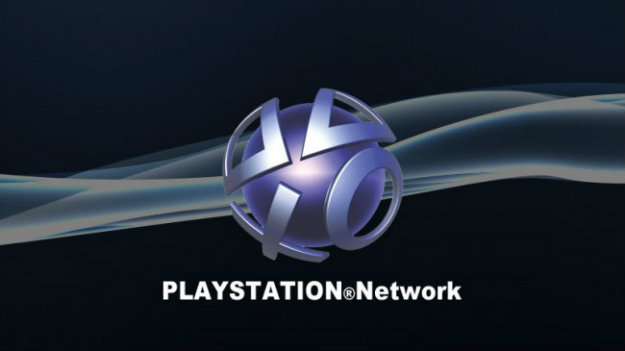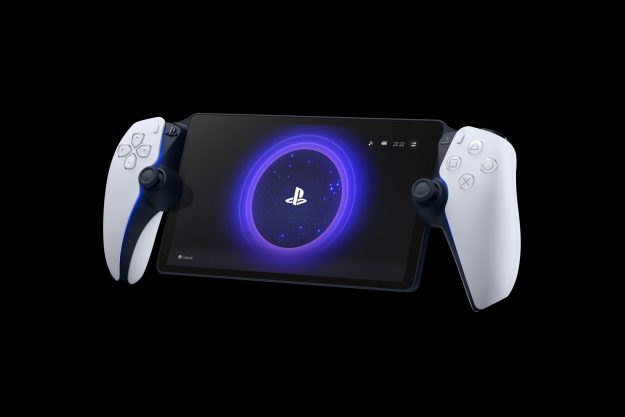
It was only 18 months ago that Sony’s PlayStation Network was hacked, forcing the company to take down its online gaming network and digital retail services for a significant chunk of the spring in 2011. 69 million PSN users’ account information, including credit card numbers, was stolen in the hack. Sony first admitted to the intrusion on Apr. 20, 2011. On Apr. 27, the first federal class action lawsuit was filed against the company. While Sony has apologized repeatedly for the hack, offering users identity theft protection to affected users as well as free downloadable games as compensation, its been up in the air whether the company would have to offer monetary compensation. According to US District Judge Anthony Battaglia, Sony is in the clear.
The class action lawsuit claimed that Sony of negligence, not equipping the PlayStation network with the appropriate security to prevent the hack that brought the network down for so long. It also claimed that Sony violated a number of California consumer protections, the state where the lawsuit was filed.
Judge Battaglia dismissed the lawsuit on Friday after Sony moved to have it thrown out. Battaglia said that Sony didn’t violate any consumer protections because “none of the named plaintiffs subscribed to premium PSN services, and thus received the PSN services free of cost.” Had any PlayStation Plus subscribers joined the suit, maybe Battaglia wouldn’t have acquiesced to Sony’s demands. Than again, he also found that the Sony Privacy Policy signed by all PSN users included at the time “clear admonitory language that Sony’s security was not ‘perfect’” and as a result “no reasonable consumer could have been deceived.”
Sony’s not wholly in the clear just yet, though, since the class does have the option to amend its claims, specifically in regards to Sony violating consumer protection laws.
Back when the lawsuit was originally filed, Rothken Law Firm co-counsel J.R. Parker wrote, “Sony’s breach of its customers’ trust is staggering. Sony promised its customers that their information would be kept private. One would think that a large multinational corporation like Sony has strong protective measures in place to prevent the unauthorized disclosure of personal information, including credit card information. Apparently Sony doesn’t.”
Sony did pay in spades for the hack. Estimates at the time predicted that the hack would cost Sony $171 million in lost revenue, a significant blow following losses from the March 2011 tsunami in Japan as well as declining television sales. That figure no doubt grew as Sony began spending heavily on marketing to rehabilitate its image with consumers.
Editors' Recommendations
- How to move games to another SSD on a PlayStation 5
- Helldivers 2 PC woes prove that PlayStation needs an online overhaul
- The best games on PlayStation Plus, Extra, and Premium
- If you’re not using PlayStation Stars, you’re missing out
- Best PlayStation Plus Deals: Save on Essential, Plus and Premium


